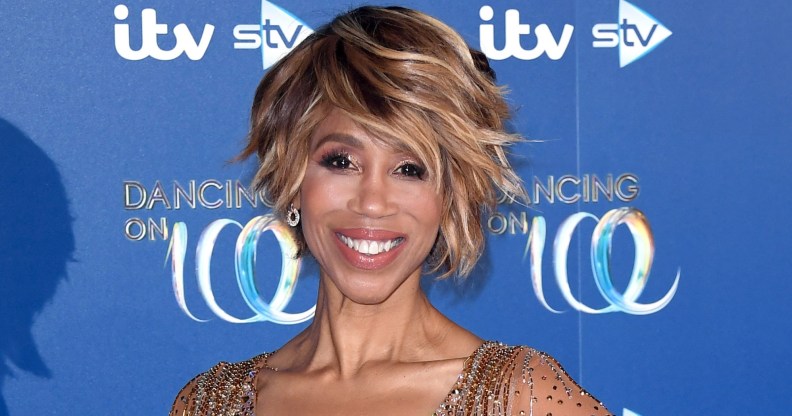TV legend and LGBTQ+ ally Trisha Goddard reveals incurable cancer diagnosis

Trisha Goddard has been diagnosed with secondary breast cancer. (Karwai Tang/WireImage)
British daytime television icon Trisha Goddard was first diagnosed with breast cancer in 2008 from which she thankfully recovered.
However, the 66-year-old has now announced that she has been diagnosed with secondary breast cancer – where the cancer cells have spread to other parts of the body.
Heartbreakingly, there is treatment for this stage of the disease, but no cure.
The TV presenter is best known for her television talk show Trisha, which was broadcast on a mid-morning slot on ITV before later being moved to Channel 5.
Goddard shared that she was told about the diagnosis 19 months ago as the cancer has now spread to her bones.
In an interview with Hello! magazine, she said the cancer is “not going to go away.”
“And with that knowledge comes grief, and fear. But I must keep enjoying what I have always enjoyed.”
She also revealed that keeping the diagnosis a secret was a real “burden” and that sharing her news “needed to be done.”
“It’s all b*ll*cks.”
“Also, I didn’t want to read words like ‘dying’ and ‘terminal’ or ‘battling’,” she told Hello!. “Or ‘inspirational’, because it’s all b*ll*cks.”
Goddard is a notable LGBTQ+ ally, a fierce trans advocate and mum to a non-binary child.
Goddard told Kaye Adams on the podcast How to Be 60 that she went through a “learning process” after her child came out as non-binary.
“I could understand gay. I could understand I had a gay daughter – a queer daughter as they call it now,” she explained.
“Then I had to learn the ‘I don’t feel male, I don’t feel female’ kind of thing. I had to wrap my head around it.”
Goddard also added that she believes the backlash to topics like the evolution of gendered language is rooted in fear.
“I think a lot of people who’ve been used to being empowered find it very difficult to say, “You know what, I probably don’t know everything about everything”.”
Goddard has repeatedly stood up for her child and the wider LGBTQ+ community, appearing on the likes of TalkTV where she stood against transphobic arguments, using her own learning curve to help others do the same.

